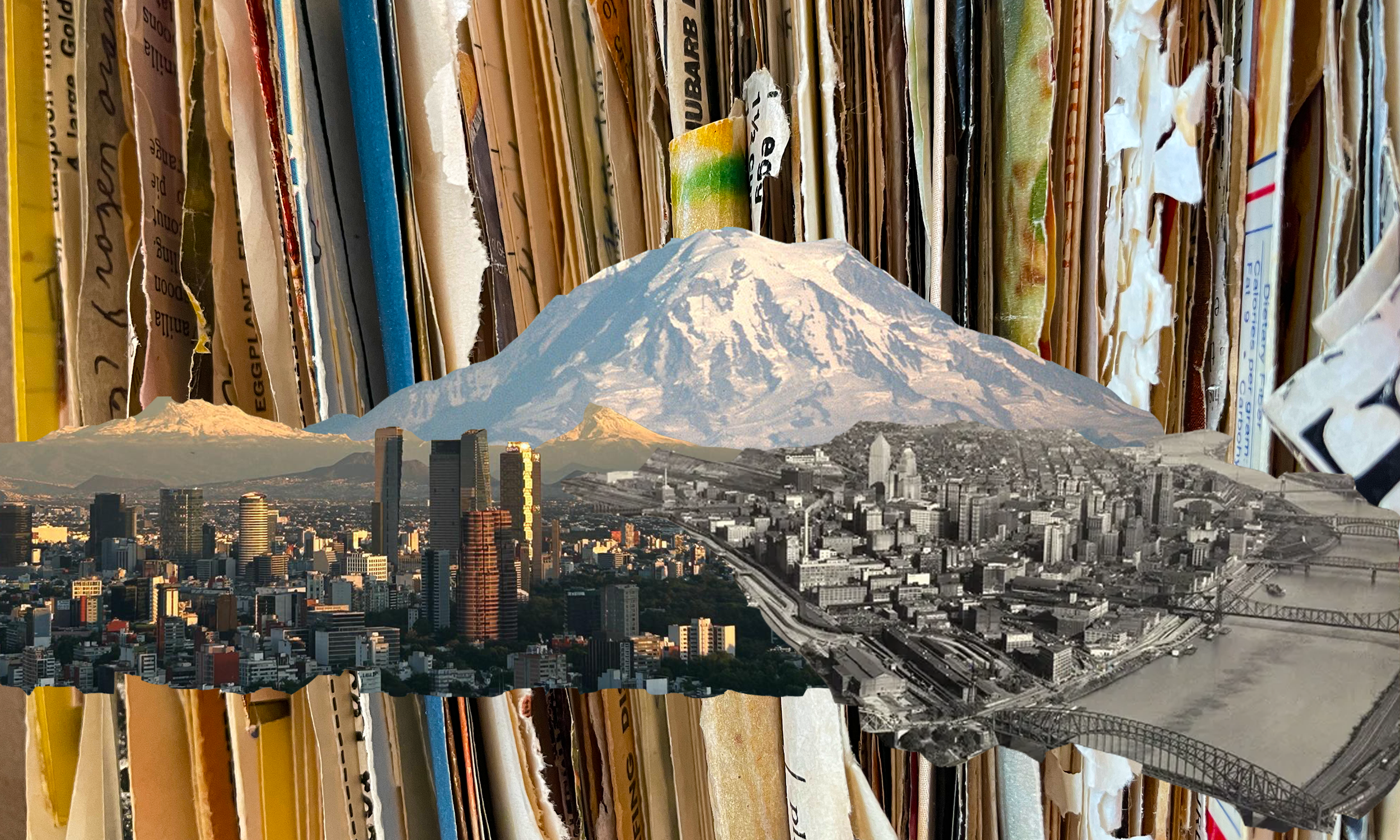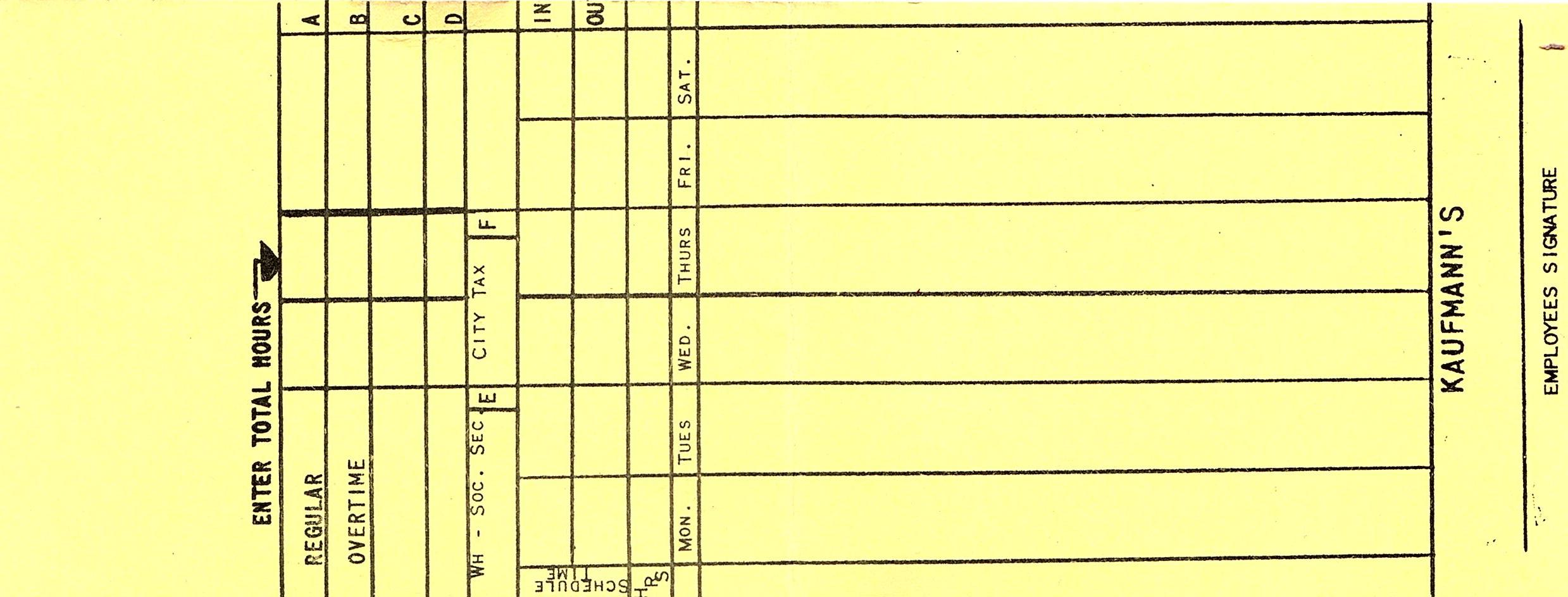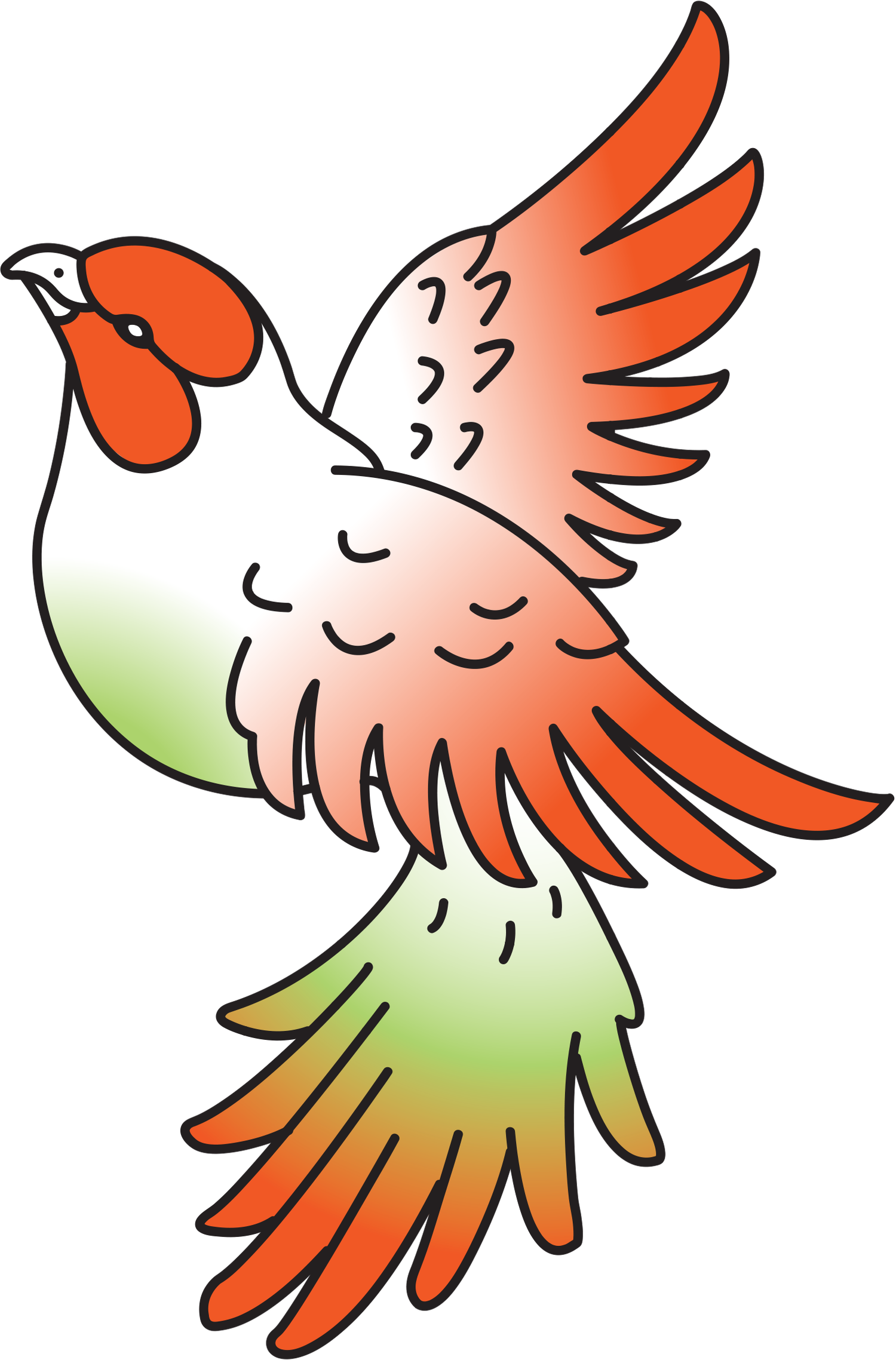
Family Migrations
I was born and raised in Mexico City, a site of centuries-old cross-cultural connections which is home to twenty million people. My parents grew up in a time of new migrations: from rural villages, towns, and small cities to the booming Mexico City (a.k.a. “La Capital”), and from Mexico to the U.S.A. in search of well-paying work. For my father that meant migrating from Michoacán (land of lakes in Purépecha) to Mexico City. For my grandmother, it meant, first, moving with my very young mother and uncle from Guadalajara to Mexico City, and soon after, taking a further leap and migrating to Pittsburgh, P.A. My mother grew up in the Steel City and eventually returned to Mexico City, met my father, and started a family there.
These and other migrations shaped my own experience growing up in a bicultural and transnational family, moving from Spanish to English, from the taste of corundas to the memory of birotes, from the thunderous chubascos (heavy rains) of Mexico City to Pittsburgh’s muggy, buglit summer nights.
Eventually, I made my own move and came to the U.S.A to pursue a PhD in English literature. After seven years in New York City, I found my way to Tacoma, WA, the beautiful, gritty town where I now live.

Professional Migrations
My professional journey began at the Universidad Nacional Autónoma de México (UNAM), where I studied English literature and eventually taught my first college-level classes. While majoring in English, I coursed a two-year Translation Studies Diplome at El Colegio de México. Then, I continued my graduate studies at Columbia University, where I was a Whiting Foundation Fellow (2009-2010), and received a PhD in English and Comparative Literature. My scholarship focused on eighteenth-century British literature, Critical Animal Studies, Gender Studies, and the History of Science. In my academic writing, I examine how eighteenth-century writing about animals drew boundaries between humans and other-than-human beings, between women and men, and demarcated racial and national identities.
From Columbia I moved to Pacific Lutheran University in the beautiful Pacific Northwest, where I taught for 13 years. To my time as a college professor, I owe a great deal, including the opportunity to teach both for the English Department and the Environmental Studies Program, co-lead the creation of a support network for undocumented and mixed status family students, and co-create the Digital Humanities Lab. Being part of the Environmental Studies Program, which I chaired for four years, was particularly transformative. Collaborating with colleagues from the humanities, natural sciences, and social sciences, working with students passionate about the environment and interdisciplinarity, and partnering with local community-based organizations prompted a professional migration—from college professor to environmental advocate. After a combined twenty years in academia, I joined the Tacoma Tree Foundation as Director of Partnerships and Communications to support access to trees and environmental education in underserved neighborhoods.
The Recipe Box unites many of the interests that shaped my academic writing and teaching: genre and media, women’s history, questions of hospitality, as well as my love of nature. I bookend my days and spend my weekends writing and drawing for this project. It tells a story which, despite its specificities, is the story of many families living here in the U.S.A. and in Mexico, two countries that are bound up with each other, no matter how vehemently anti-immigrant action and policies try to deny it. The project is a tribute to my grandmother’s and mother’s courage, and to the two cultures I call home.
